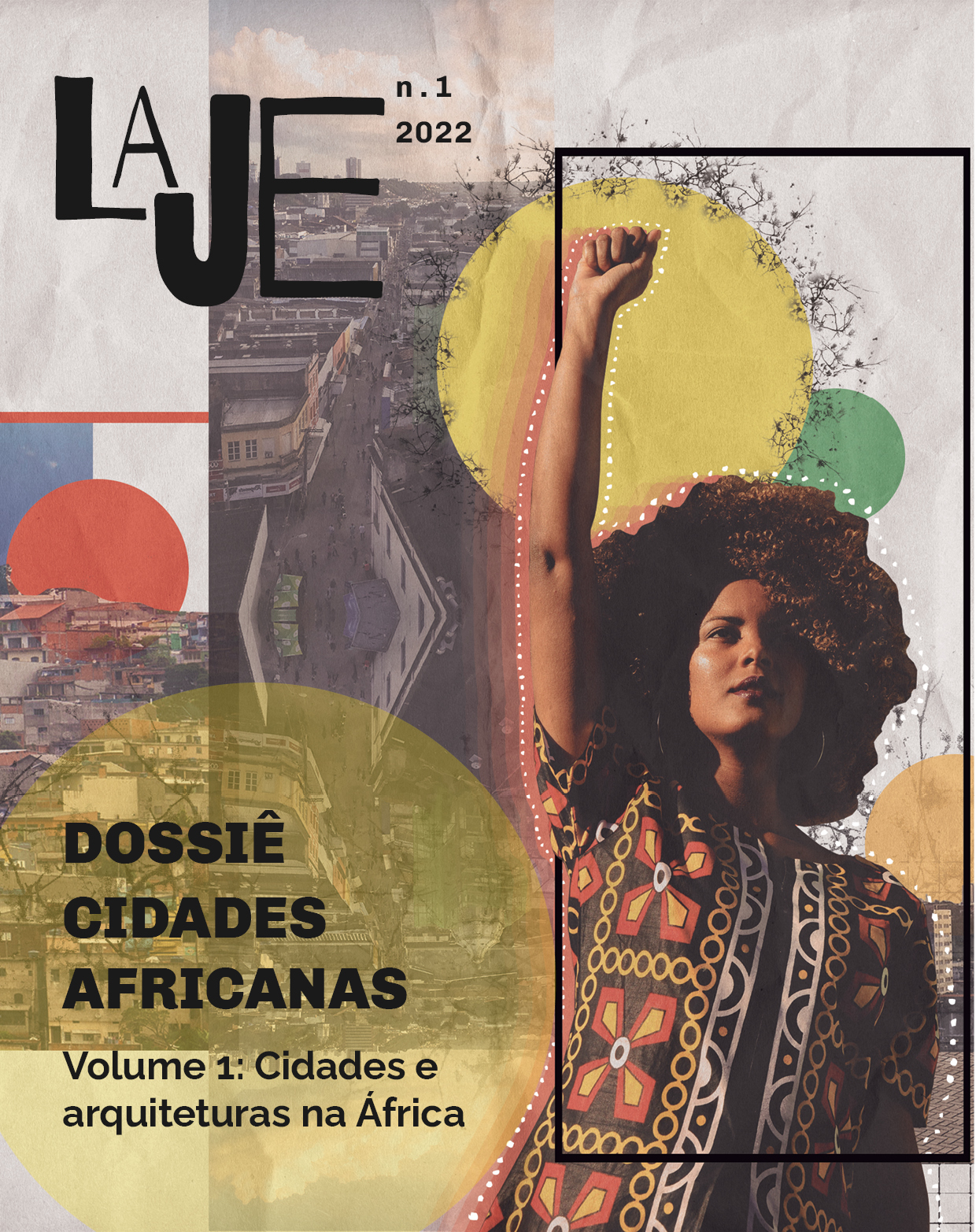African cities in 6000 years of africans building cities
conceptual and paradigmatic breaches
DOI:
https://doi.org/10.9771/lj.v1i0.54539Keywords:
African Cities, African Urbanism, Teaching Architecture and Urbanism, Methodology for Study of African CitiesAbstract
The disciplines about cities in the West have determined a set of formal, temporal and conceptual elements that, although used as part of universal history, are not suitable for the study of African cities and urbanism. Based on the assumption of inadequacy of Western references, a research was developed to produce a formulation of urbanism and an understanding of African cities over a period of 6000 years, linked to African societal principles, based on the philosophy and religiosity of African societies. The starting postulate is the existence of corporate principles and not the questioning of their formulation. From the result of the research, the proposal for a discipline on the formation of African cities and their urbanism was produced, presenting a conceptual exposition about them. This discipline went through a phase of consolidation and approval that culminated with its formal presentation in the postgraduate program in architecture and urbanism at the Federal University of Bahia. In this article, the set of conceptual elements of the aforementioned discipline and the facts related to the scientific validation of this field of knowledge regarding pan-Africanism are presented. Highlighting that the formulation produced is autonomous with respect to Afrocentrism and Eurocentrism. Therefore, it is not part of any of these two great currents of thought, but rather, it proposes an alternative way.


